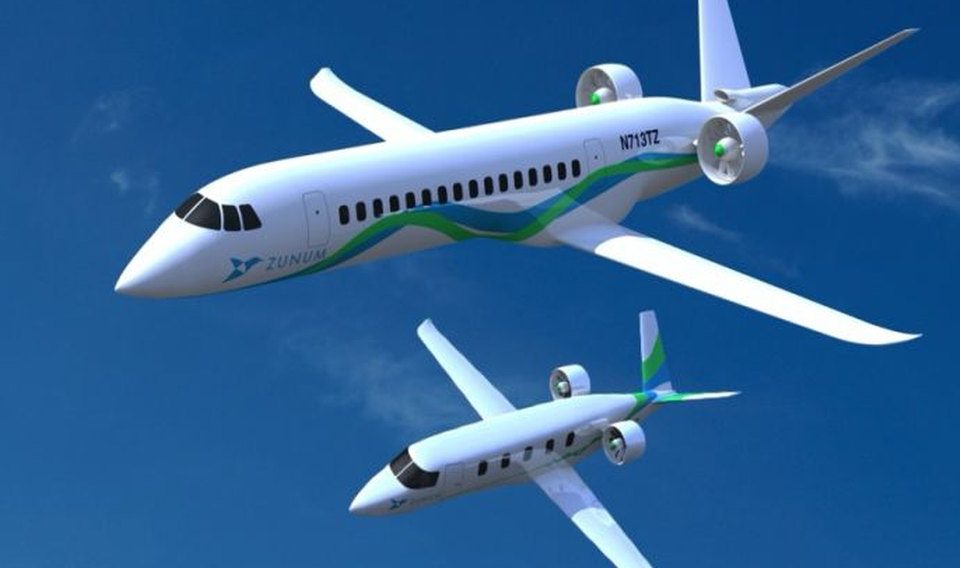Boeing found guilty of stealing technology from electric airplane startup Zunum; fined $81 million

In a legal blow to aerospace giant Boeing, a federal court jury in Seattle ruled in favor of electric airplane startup Zunum Aero after Boeing was found guilty of stealing Zunum technology. The jury also awarded the fledgling startup $81 million in damages. This amount could potentially triple, pending the judge’s final decision, The Seattle Times reported.
The lawsuit, filed by Zunum, claimed that Boeing, while appearing to invest in the startup, simultaneously stole its technology and sabotaged its business efforts. The allegations included a “targeted and coordinated campaign” by Boeing to access Zunum’s business plans, market analysis, technological insights, and proprietary information, which Boeing then allegedly used to develop its own hybrid-electric plane.
“Zunum alleged that Boeing, while ostensibly investing seed money to get the startup off the ground, stole Zunum’s technology and actively undermined its attempts to build a business. It accused Boeing of “a targeted and coordinated campaign” to gain access to its “business plan, market and technological analysis, and other trade secrets and proprietary information,” then using that to develop its own hybrid-electric plane design, The Seattle Times reported.
Zunum also charged Boeing with sabotaging its efforts to secure funding from key aerospace suppliers such as Safran and United Technologies. The jury found Boeing guilty of misappropriating Zunum’s trade secrets and breaching their contract, and further deemed Boeing’s actions as “willful and malicious,” thereby justifying the potential tripling of damages and coverage of legal costs in the prolonged legal battle.
Boeing, however, maintains its innocence. In a statement, the company expressed its disagreement with the jury’s verdict, claiming it was unsupported by the law or facts, and vowed to challenge the judgment vigorously.
The court also awarded Zunum an additional $12 million for Boeing’s interference with its relationship with Safran. However, this sum could be offset by $20 million, as the jury noted that Zunum failed to take steps to mitigate the damage.
Considering these factors, U.S. District Judge James Robart could decide on a final award ranging from $72 million to $235 million. Despite the jury’s decision, the final resolution may take years, as Boeing plans to appeal the verdict.
“Another part of the ruling awarded Zunum a further $12 million for Boeing’s alleged interference with Zunum’s relationship with Safran. And finally, the jury ruled the final award could be reduced by $20 million because Zunum failed to take action to mitigate the damage.”
Founded in 2013 by Ashish Kumar, Kiruba Sivasubramaniam Haran, and Matt Knapp, Zunum aimed to revolutionize air travel with a nine-seat hybrid-electric plane designed for short city-to-city flights. The startup received funding from Boeing and the state of Washington in 2017, but despite employing around 70 people across multiple locations, it failed to deliver on its ambitious promises and collapsed in 2019 due to financial shortfalls.
Boeing’s defense painted a picture of a typical startup failure, arguing that Zunum’s ambitious goals outpaced its capabilities, leading to investor withdrawal and eventual collapse. Boeing claimed it had only created a conceptual mock-up to evaluate the feasibility of Zunum’s aircraft and concluded that such electric planes were not yet economically viable for commercial use.
The aerospace giant characterized the lawsuit as Zunum’s attempt to extract additional funds from Boeing, noting that other potential investors had reached similar conclusions about Zunum’s prospects.
Meanwhile, as the legal saga continues, Boeing has yet to announce any concrete plans for its own small hybrid-electric airplane, leaving the industry to watch closely how this high-stakes dispute unfolds.

